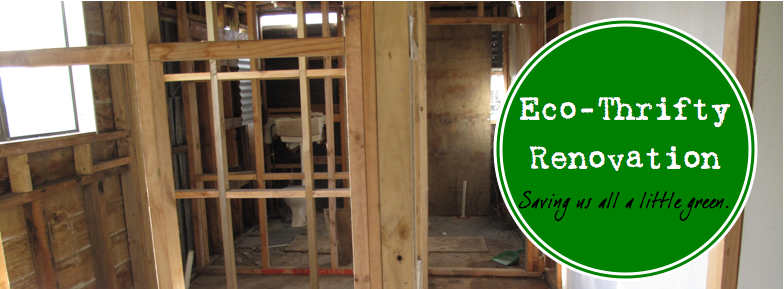
With gas at $4 per gallon, most people in New Hampshire can feel their wallets draining along with their car tanks. Not Nelson Lebo. He doesn't have a car. He's not worried about the cost of home heating oil either. And soaring food prices? Not much of a problem.
Lebo, 40, lives in a 1782 farmhouse in the woods of Andover that he has dubbed Pedal Power Farm. He heats it with wood cut from the property. He gets around on a bicycle. He grows much of his own food and buys locally otherwise. He gets his electricity from solar panels.
Lebo is no typical homesteader, content to stay tucked away in the woods, living off his land. He thinks he has ideas the rest of us could use. And he's ready to share them.
"I've been living in a post-petroleum world for the last 18 years," he said. "Everyone else is going to start living in a post-petroleum world next year."
Lebo has been a fixture in Andover since he was hired to run Proctor Academy's environmental program in 1991. He stopped working at the private school last year because of a herniated disk, but he still manages the organic gardens there. He was a part-time dorm parent this year.
But his teaching days are far from over. Let Lebo talk, and he will engage you for hours - he verges on ranting - about energy policy, American consumerism and the design principles around which he has built his life. One thing you won't hear much of is a holier-than-thou attitude.
He said he doesn't want to make people feel guilty about how they live. (He pointed out that he wears his hair in a crew cut and used to coach football, evidence of his own mainstream credibility.) He wants to encourage people to live differently. That, he said, is his "duty and obligation."
He and girlfriend Dani Lejnieks are moving
to New Zealand this summer, where Lebo will pursue a doctorate in environmental education, looking at how to apply permaculture principles - which say that human societies can be designed to mimic natural systems - to education.
Lebo thinks people should have less of an impact on the Earth as they become better educated. The way he sees it, most people become bigger consumers as they become bigger earners.
During his last few weeks in Andover, Lebo has been holding seminars at the farm, inviting a few people at a time to see how he lives. He has gone to some attendees' homes afterward, charging $40 per hour, to help them find ways to conserve energy. Some of his clients have been focused on living greener. Others want to save money.
Lebo said he used to call himself an environmentalist.
"Now I tell people I'm an economist," he said. "And not only that, I'm a conservative economist."
After years of being perceived as "just the kook at the end of the road," he said, his ideas - his way of living - are in high demand.
"It feels like my whole life has come to this moment," he said.
A 'lazy farmer'
Modern society has been designed around fossil fuels, Lebo said as he stood in front of his home on a recent sunny afternoon. But those fuels are running out.
"We, as a culture, will look back in 100 years and curse the designers," he said.
A moment earlier, he was praising one designer: the man who built his Old College Road home 226 years ago. He noted that the house, which he bought eight years ago, faces southeast, so the first rays of morning sun hit the front windows. The chimney in the center of the Cape-style home heats the whole house and is insulated from the cold.
The road in from Route 11 climbs a hill past several large, regal Victorian homes and sweeping green fields. It turns to dirt and narrows once and then twice, becoming bumpy and dark under the thick canopy of trees. The road crests a hill and continues into the small valley where the farm sits.
Story continues if you are interested: http://www.concordmonitor.com/article/post-petroleum-world?CSAuthResp=%3Asession%3ACSUserId%7CCSGroupId%3Aapproved%3ABA4A9537C4BF4594E11F4B09D8217743&CSUserId=94&CSGroupId=1

Nelson, you were never "just the kook at the end of the road". My life is richer for having you as a neighbor.
ReplyDelete